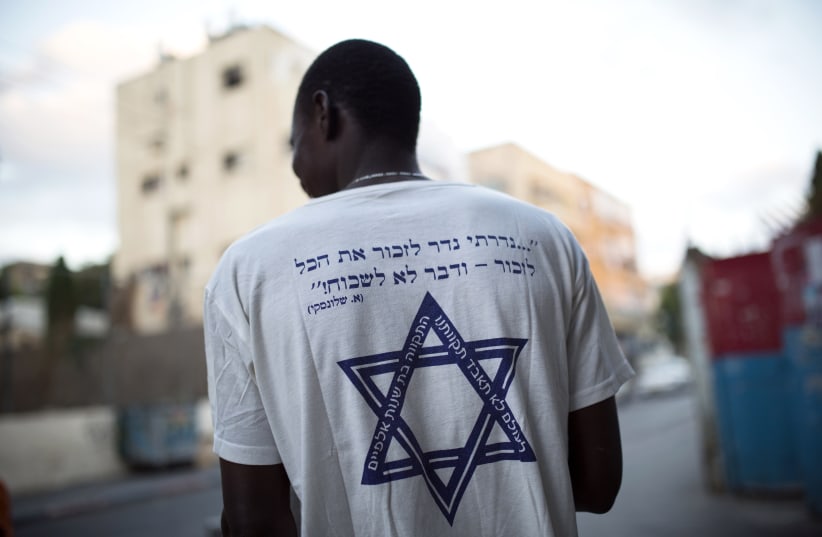A Related Video You May Like:
Under international law, this fear of persecution would allow the Eritreans to remain in Israel even though almost all of them illegally infiltrated Israel from Egypt before a border fence was erected to stop the flow of would-be refugee claimants.Now, Shaked and Kisch are arguing that peace, together with the elimination or reduction of the draft, means there is no valid reason why Eritreans cannot be deported “If as a result of the peace deal, the draft obligation is canceled, Israel can return the invaders to Eritrea and this is great news for the residents of southern Tel Aviv,” who have protested that most migrants have taken up residence in their neighborhood, said Shaked on Tuesday.A spokeswoman for the Hotline for Refugees and Migrants told The Jerusalem Post on Wednesday that these politicians were not grasping the issue’s complexity.Firstly, she said, the peace deal is still new and may not hold. Previous negotiations have led to deals which quickly unraveled, she cautioned. It would be premature to assume this one will last, she warned.Secondly, she said, even if the peace deal is real, the Eritrean government itself has not formally announced an end or heavy reduction of the draft. A few media reports based on interviews with a handful of recruits hardly marks a change in policy, she contended.Finally, even if the draft was ended or reduced, indications suggest Eritrea still considers desertion a serious crime, and may refuse to accept those who fled the country before the peace deal.Such acceptance might also be seen as rewarding those who were disloyal to the regime, she noted.Representatives of various ministries addressing the issue Wednesday at the Knesset’s Interior Committee said they would need to verify that returning any Eritreans would not result in endangering the returnees’ personal security.Thus the future of Israel’s Eritrean – and Ethiopian – communities, most of whom lives in south Tel Aviv, remains unclear.
Eritrea-Ethiopia peace deal leads to new debate about migrants
Pro-migrant groups, including the UN, have said Eritreans cannot safely be sent back to Eritrea for fear of persecution under the country’s draconian draft laws.
